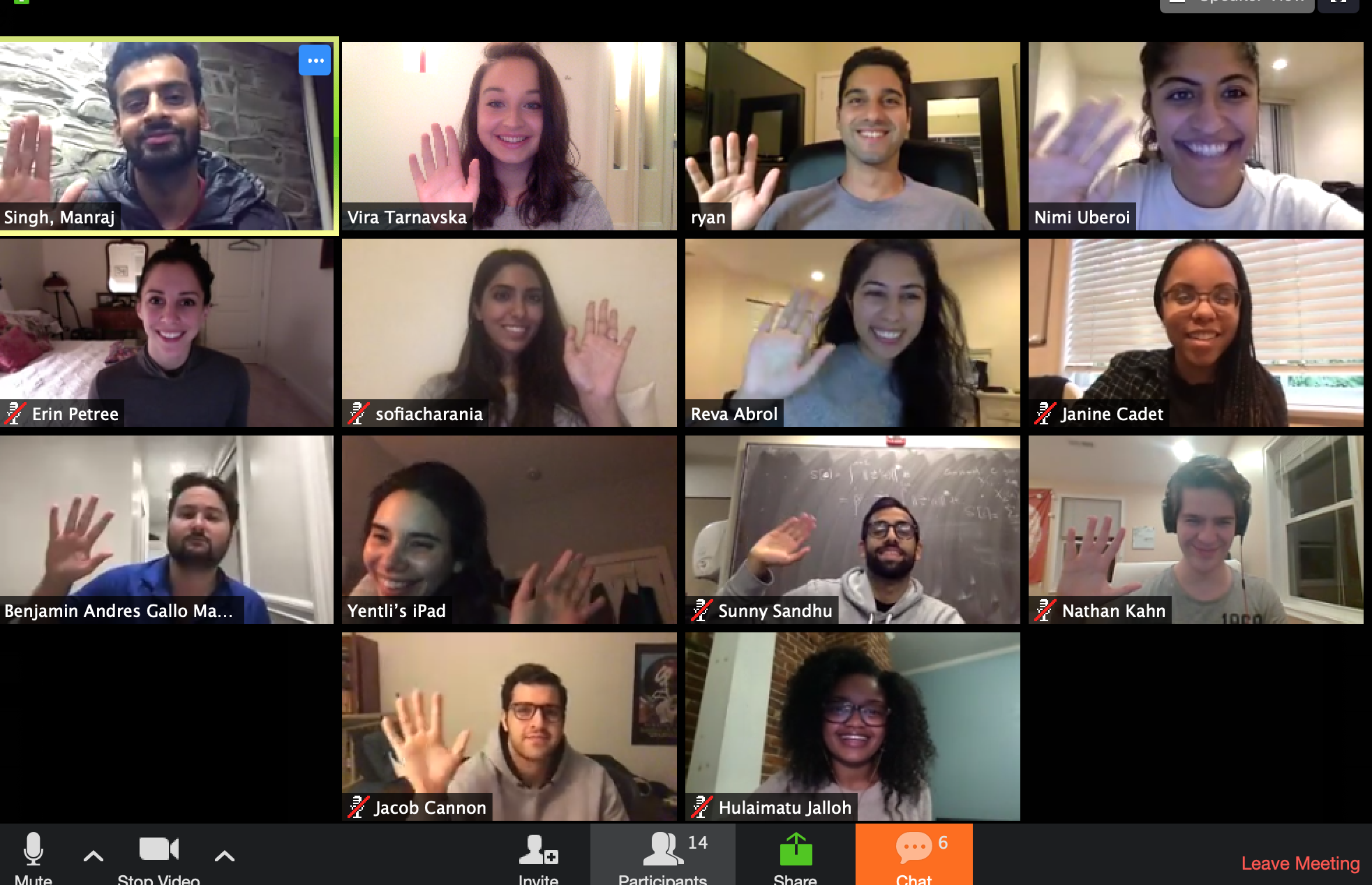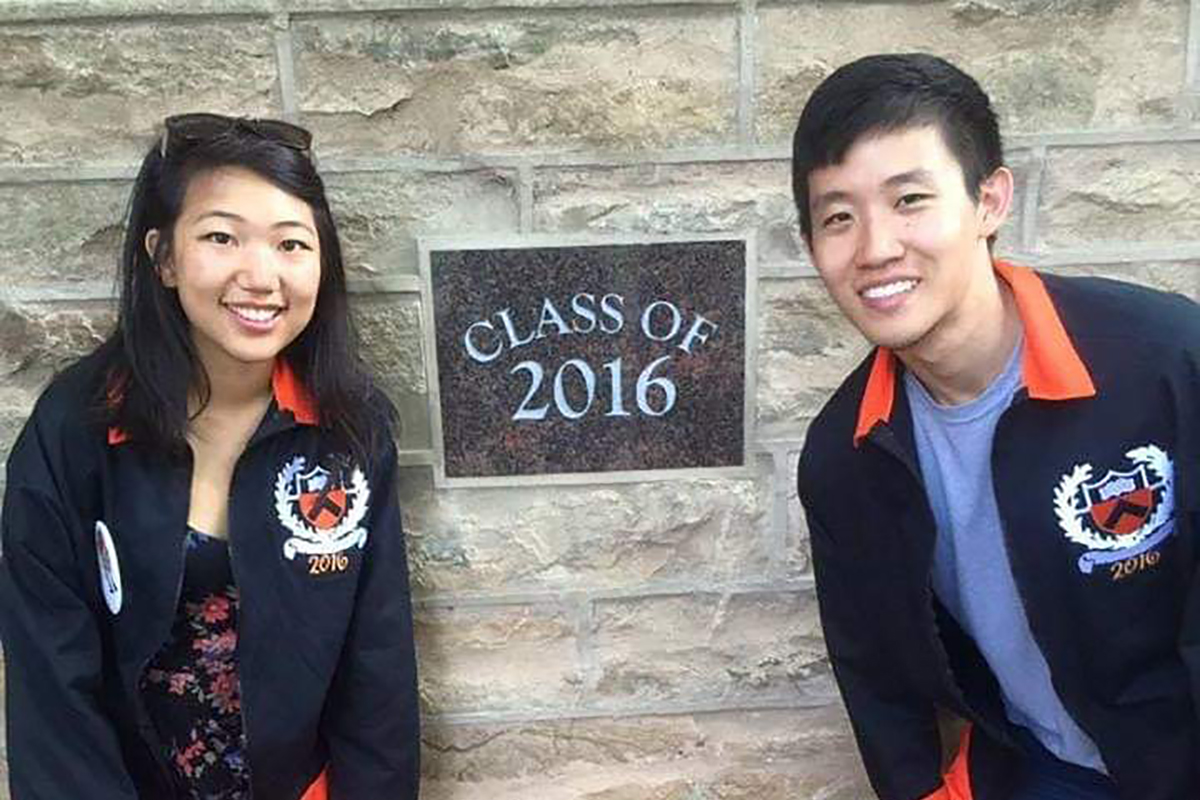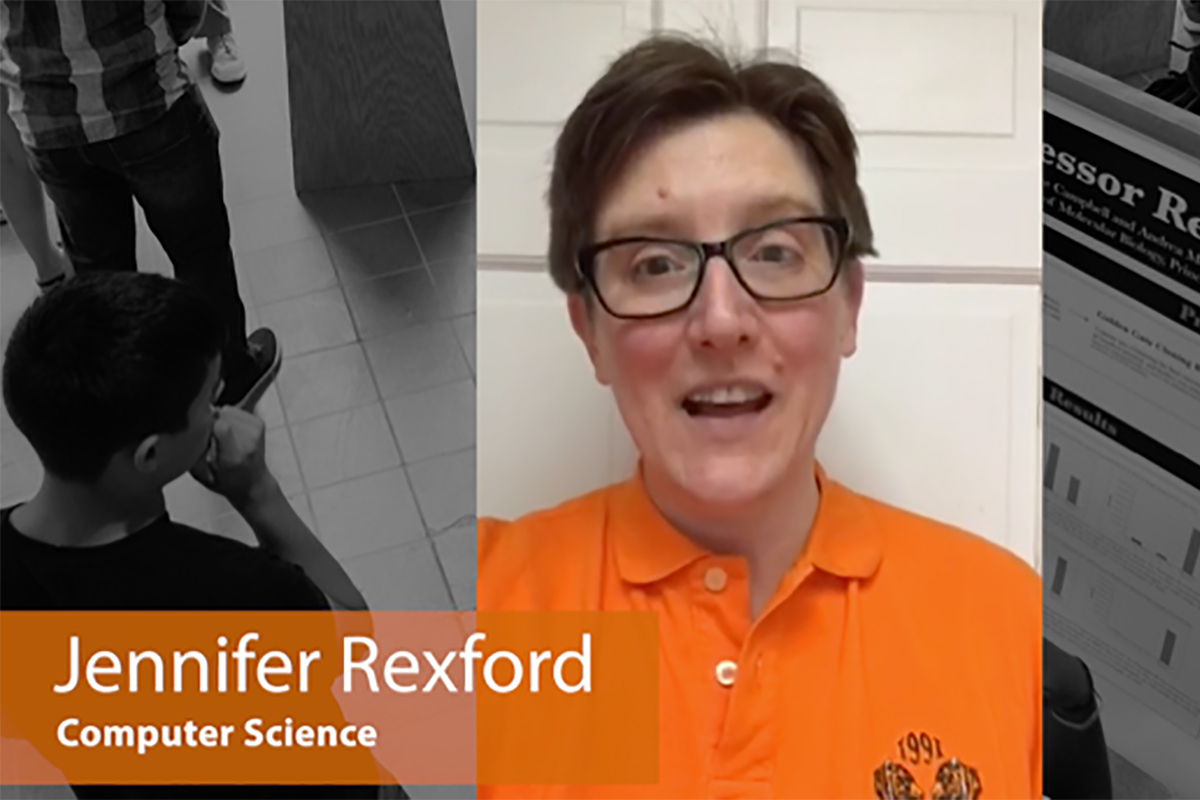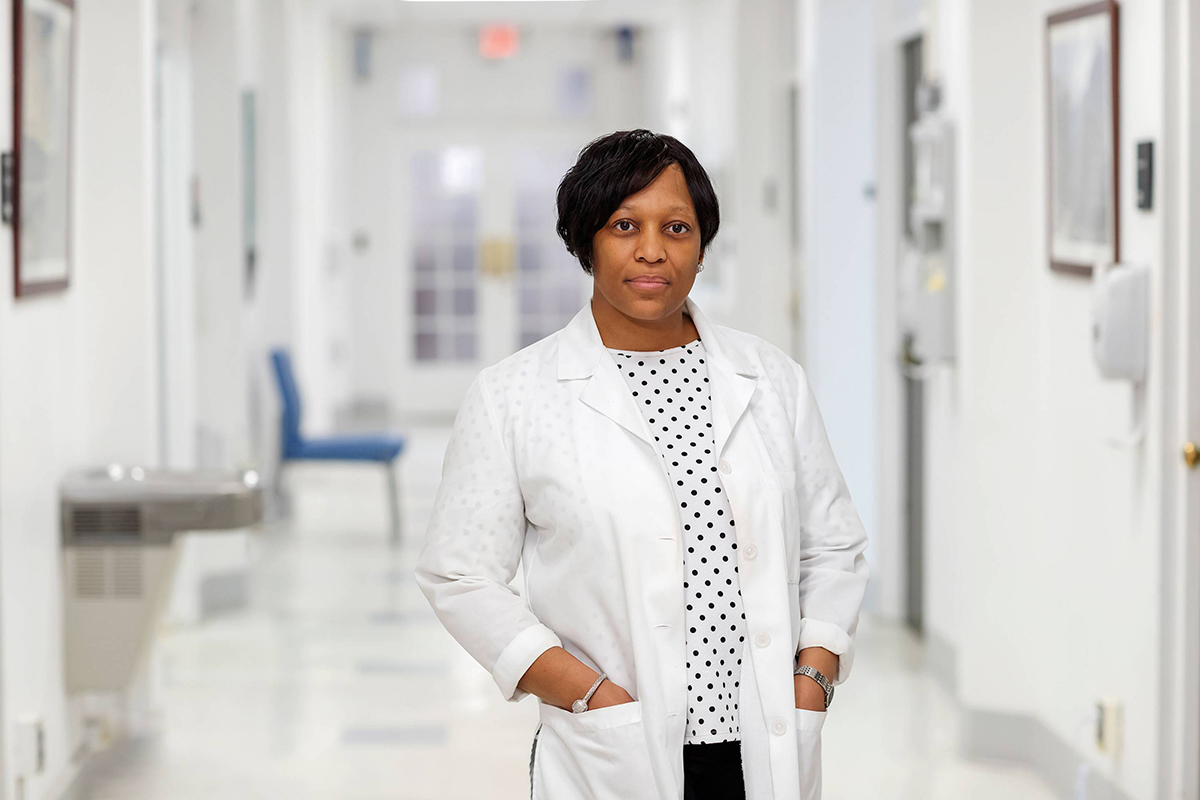
Fear of COVID-19 is daunting enough, but the prospect of suffering alone, isolated from one’s family, might be the cruelest blow inflicted by the current pandemic. In hospitals across the country, where no-visitor policies are essential to limit the virus’s spread, the most heartbreaking stories have been those of sick patients who’ve struggled and died alone, surrounded only by medical staff.
Sunny Sandhu ’20 had a very small dose of that experience, and it spurred him to action. Around the same time that Princeton University shifted to virtual online learning, he felt sick. Though the symptoms did not turn out to be COVID-19 related, he made the responsible decision to self-isolate. “Even while I was self-isolating, I wasn’t actually isolated,” Sandhu said. “I could talk to my friends in different states on my phone, I could talk to my family back in North Carolina, I could talk to my family back in India. And what struck me is that that’s not the case for many others.”
Sandhu was convinced that digital connectivity can literally be a lifeline for COVID-19 patients, and that in the age of Google and FaceTime, there was no excuse for sick patients to be disconnected from their own families. He shared his frustration with Manraj Singh ’16, a digital healthcare consultant who’d heard similar stories from former Princeton classmates now working in the medical profession. “They were seeing more and more instances of social isolation and loneliness among their patients,” said Singh. “Folks are staring at the ceiling for weeks on end without being connected with their family.”
Inspired by the University’s “In the nation’s service and the service of humanity” ethos, Singh and Sandhu rallied Princeton friends and tapped the alumni network to establish Connect for COVID-19, an initiative to collect smartphones, tablets and laptops that can provide internet access for socially isolated patients at hospitals. More than 15 Princeton students and alumni came aboard to lend their expertise; regional efforts sprouted around the country; and dozens of others made contributions to the cause.
“That Princeton motto really united us all,” said Singh. “Not having a smartphone is not a human rights issue. But dying alone without your family and loved ones around you — that is a human rights issue. It’s a dignity issue. It’s a humanity issue.”
On April 15, the Connect for COVID-19 team in New Jersey made its first major equipment delivery. David Oettinger, the supervisor of Princeton’s Resource Recovery program, had responded immediately to the call to contribute and arranged for the University to donate more than 40 secondhand smart devices. Sandhu and Singh helped deliver them to Penn Medicine at Home, which will distribute them to patients in need.
“I’m not on the front line,” Sandhu said. “But I think that’s what really resonated with me in this initiative: even though I’m just a student, I can make a difference in the lives of many.”




